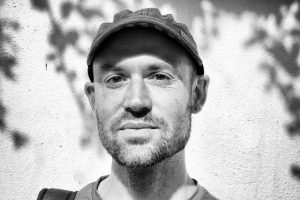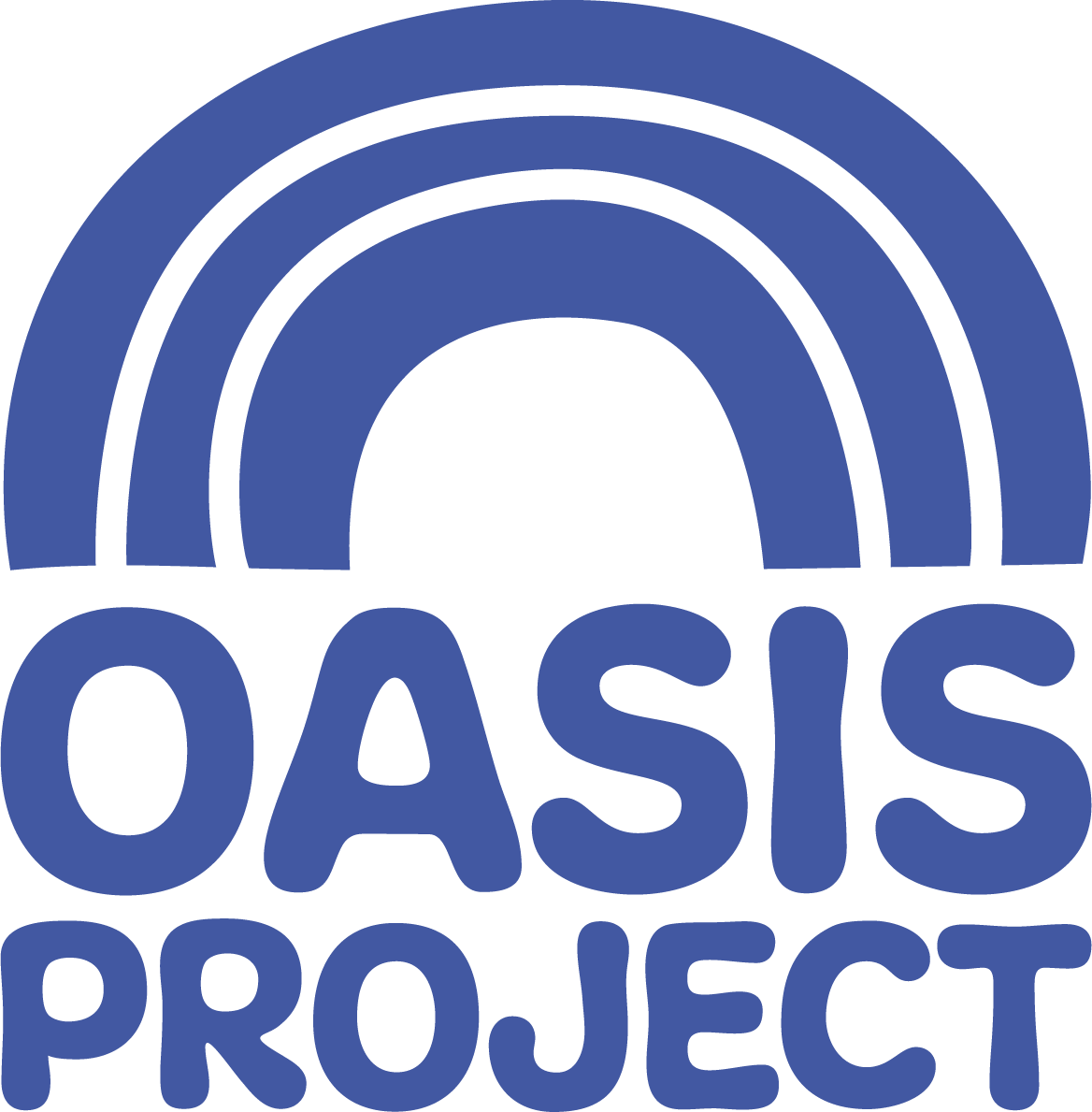Children of Alcoholics Week: An Interview with Young Oasis Manager, Toby
What is the service you work in?

I was trained as a Drama Psychotherapist and am Young Oasis Manager at Oasis Project.
What is your role within that service?
I provide therapy to young people affected by family alcohol or drug problems. I also manage and supervise a team of therapists who do the same thing, in Brighton and Hastings.
Who is the service for?
Our service is for any child who is aged 5-18 who has experienced family alcohol or drug problems.
What are some of the thoughts/feelings or issues, that a child of an alcoholic may be facing?
A child of an alcoholic could be living with a parent who is in denial with he fact that they have an alcohol problem, which means that there is immediately a very strong conflict between what someone is saying is happening and the real feeling of what it is like to be in this situation. This can lead to feelings of isolation, despair and worthlessness.
It is quite common for children of alcoholics to blame themselves for their parent’s problems and to feel that there is something that they are not doing right. They may feel responsible for caring for them emotionally as well, so for children that is often a desire to make a parent feel better just by being amazing.
There are other problems that children of alcoholics may have as well like emotional volatility, violence in the home is more likely and neglect – not having their parents’ attention and having to fend and manage for themselves, can leave them in a really difficult situation.
How does Young Oasis Therapy benefit children of alcoholics and why is it important?
Our response to the problems that children of alcoholic’s face is a therapy service and we offer therapy for several reasons. When there are alcohol problems it is a bit like a black hole in a child’s life, all the energy is sucked into that hole trying to deal with the problem and the child can often be forgotten about. That energy that has gone into the black hole is quite often the exact energy that a child needs, so we are trying to create a space and put some boundaries around that were a child can have some time and attention to themselves. Because of the way that it is structured, therapy is not learning it it’s a relationship. A relational framework where over 16 weeks a child gets a lot of attention focused on how they are, how they relate, their creative processes – depending on their inclination, tracking their instincts and helping them to build confidence.
Therapy can really meet a child where they are rather than where we want them to be and that is what children of alcoholics need the most.
Can you tell us one thing we should all be aware of about children of alcoholics?
The things we should all be aware of is that there is not one type of child you could look at and say, ‘that’s a child of an alcoholic’. Bill Clinton was a child of an alcoholic. Ronald Reagan was the child of an alcoholic. There is a lot of stereotypes and misconceptions about what an alcoholic is in the first place and lots of the children that come
 here don’t even think their parents are alcoholics, but they have serious drinking problem.
here don’t even think their parents are alcoholics, but they have serious drinking problem.
So, one thing I would say is that we need to be aware that we are thinking that we know what a child would look like, but there are lots of different ways that alcohol can have an impact of a child, from them being incredibly shy, to being very conscientious to being very disruptive – there isn’t a predictable pattern. It really depends on the story.
We need to be more open to the reality that it is not an uncommon problem. Every classroom in the UK probably has a child who has been affected by an family member’s alcohol problem – if not more, so we need to know that it is common, we should have empathy for the parent, but the child needs to be at the centre of what our feelings are on the situation.
Click here to make a donation to our Children of Alcoholics Week Campaign

